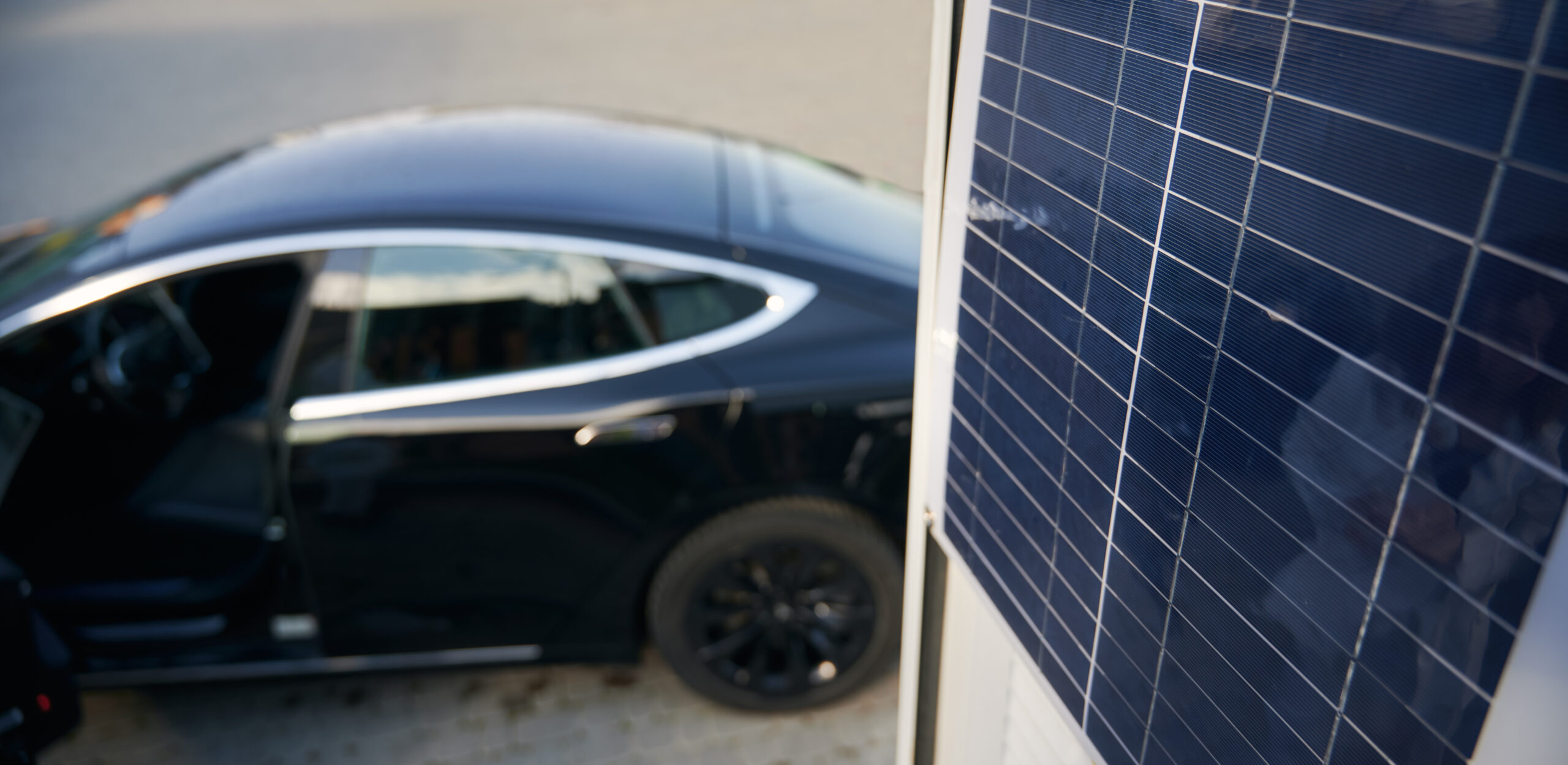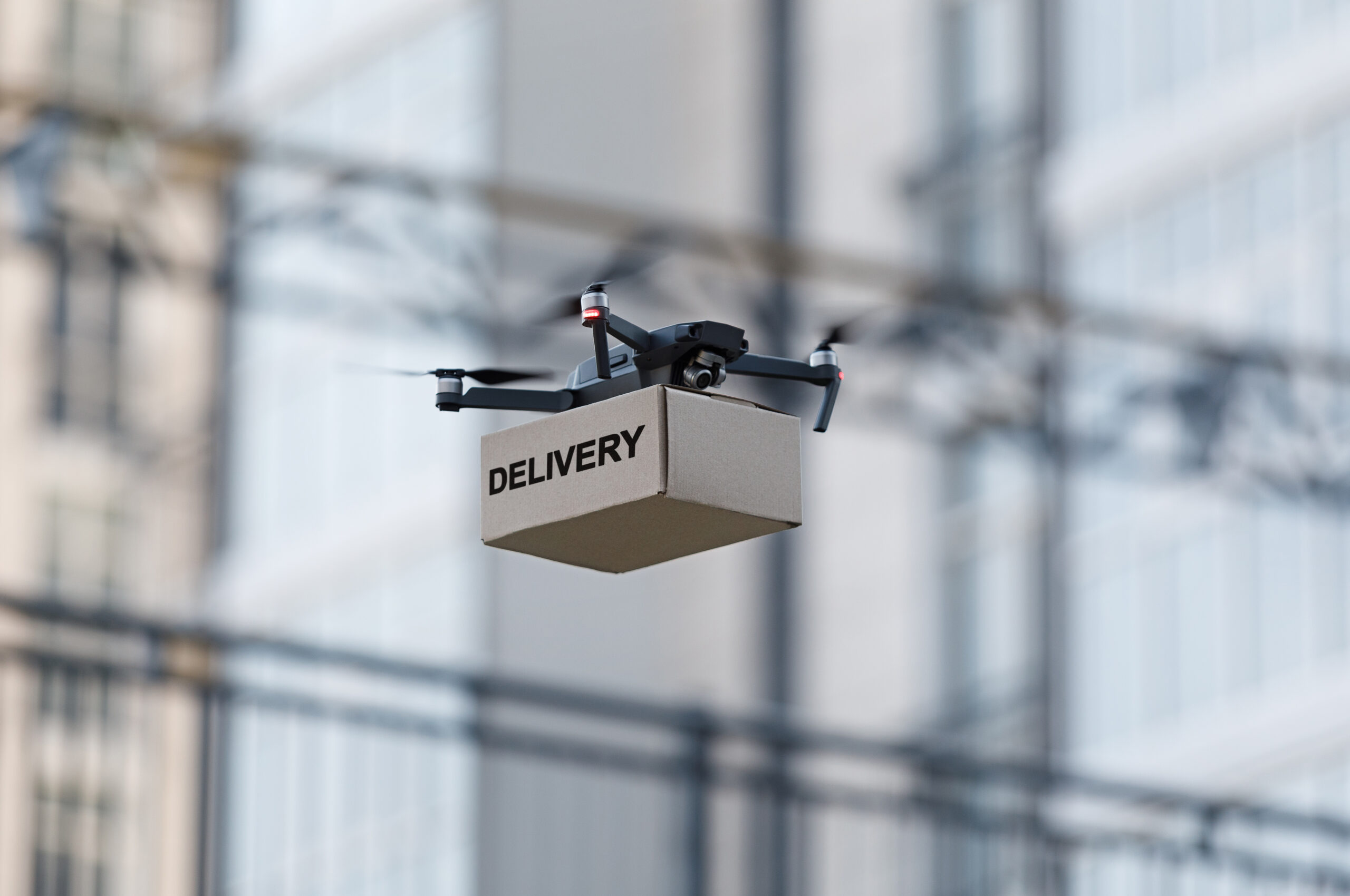Major Stakeholders in the UK Automotive Supply Chain Call for More EV Transition Support

At the annual Society of Motor Manufacturers and Traders (SMMT) conference, key stakeholders in the UK’s automotive supply chain, including DHL Supply Chain, Alexander Dennis, and Volvo Trucks, aired concerns that a concerted cross-party government effort is required to upscale the EV supply chain and create the conditions to attract major investors.
Various representatives at the conference cited the upcoming rules of origin tariff as a major barrier to making British-built and supplied EVs competitive in the export market. The ACEA has consequently called for a three-year postponement to the restrictive rules, after estimating that the costs of the tariffs could total £3.6 billion and potentially reduce electric vehicle production by some 480,000 units.
“We are in the middle of the most fiercely competitive investment landscape of a generation and need a UK response urgently, using every policy, every fiscal and regulatory lever, to make Britain the most attractive place to invest,” said Mike Hawes, Chief Executive of SMMT.
“The automotive industry rises to every challenge, so we set out today a challenge to all political parties: back us with the right conditions, and we will turn our obligations into opportunities for our industry, for jobs, for the environment, and for the UK.”
The industry has called on the UK government to commit to five key pledges to secure the future of the supply chain’s transition to an all-electric future, including: a green automotive transformation strategy; green skills for a green future; accessible net zero mobility for everyone; a positioning of the supply chain as a core of the UK’s trade policy through tariff-free exports; and energy and investment measures to make zero emission vehicle production possible.
If Carlsberg Did Electrification: Multinational Brewer Expands Partnership with Einride
Carlsberg Sweden has announced that they have expanded their partnership with advanced logistics and infrastructure support company Einride to fast-track the decarbonisation of the company towards a net zero carbon footprint and fossil-free logistics chain in the country.
Einride specialises in reducing freight emissions through connected electric trucks and charging solutions to enable shippers and carriers to go fully electric. Einride has initially provided Carlsberg Sweden with several key sustainable transportation solutions, including electric trucks, software, and charging infrastructure. As a result, Carlsberg Sweden will be able to reduce their annual carbon footprint by 93% compared with previously used diesel-powered vehicles.
Following the inception of the partnership in 2022, the two companies have revealed new plans to implement charging infrastructure to support the addition of eight electric trucks (as well as future additions) to Carlsberg Sweden’s fleet, which will operate between various sites from Falkenberg to Ramlösa.
To facilitate the newly-added vehicles, Einride will install charging stations at various strategic locations on an ‘electrified route’ where the vehicles can charge while being loaded and unloaded at Carlsberg’s sites in order to maximise their on-road time.
Through the strategic expansion of the partnership between the companies, their collaborative effort aims to electrify around 7,650,000 transport kilometres over five years, saving approximately 12,300 tonnes of CO2 compared to traditional diesel trucks. Carlsberg states that this is the equivalent of taking 428 diesel cars, driving 200 kilometers a day for a year, off the road.
Read the 2023 partnership expansion story >>
Read the 2022 partnership story >>
Half of Company Cars Delivered in Q1 Were Fully Electric As Salary Sacrifice Schemes Boost EV Adoption

New data released by the British Vehicle Rental and Leasing Association (BVRLA) has revealed that 49% of the company cars that were delivered in Q1 of 2023 were Battery Electric Vehicles (BEVs).
The BVRLA attributed this significant increase in EV adoption in the workplace to salary sacrifice schemes, such as Octopus’ electric vehicle plan, which incentivises employees to get an EV as an employee benefit that saves on tax.
Such schemes allow employees to access a range of electric vehicles without paying an upfront cost. The cost of the vehicle is paid from their gross salary monthly before tax instead, therefore acting as a lease and an alternative funding method that allows businesses to incorporate more sustainable transport solutions business-wide.
So far, such schemes have seen a 41% year-on-year increase in volume and will continue to play a key role in accelerating EV adoption as they mitigate financial barriers.
CEO and co-founder of The Electric Car Scheme, Thom Groot, weighed in on the increasing popularity of company car EV schemes: “Brand-new electric cars are still too expensive for many consumers, with new fossil fuel cars continuing to outsell them.
“But with the tax advantages of salary sacrifice, a lease on an electric car becomes incredibly affordable – which is why salary sacrifice is both growing and dominated by clean cars.
“To put this into perspective, for every petrol car obtained by salary sacrifice in the first three months of this year, there were 45 battery electric cars. It’s also encouraging that the larger leasing fleet is itself getting far cleaner, with 43% of new cars being battery electric.”
New York To Become The World’s First City To Mandate EV Rideshare Fleets by 2030

Following an announcement in January that New York City will require Uber and Lyft’s for-hire vehicles to go 100% electric by 2030, the Mayor of NYC, Eric Adams, has extended the mandate to every rideshare fleet operating in the city.
Starting in 2024 the Green Rides Initiative will require 5% of every for-hire journey in the city to be made by an electric vehicle. The percentage of eco-friendly journeys travelled will increase to 15% in 2025, preceded by 25% in 2026, and continue to increase yearly until the 100% target in 2030 is achieved.
Uber and Lyft, which operate almost 100,000 for-hire vehicles in the city, have offered their public support for the expansion of the plans citywide to include other businesses. Both companies have ambitious plans to transition to zero-emission mobility platforms across major economies worldwide over the same time period, and not just in NYC.
Paul Augustine, Lyft’s director of sustainability, stated: “We are excited to partner with NYC on our journey. NYC’s commitment will accelerate an equitable city-wide transition to electric, and we’re eager to collaborate with the Taxi and Limousine Commission (TLC) on an ambitious plan for a rideshare clean mile standard.”
Josh Gold, senior director of policy at Uber, also weighed in on the announcement: “We applaud the Mayor’s ambition for reducing emissions, an important goal we share… Uber has been making real progress to become the first zero-emissions mobility platform in North America, and there’s much more to do.”
Read the NYC city-wide for-hire vehicle electrification story >>






